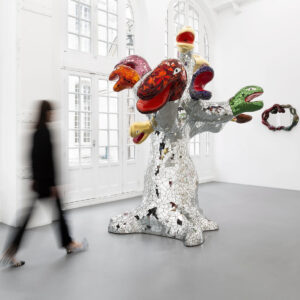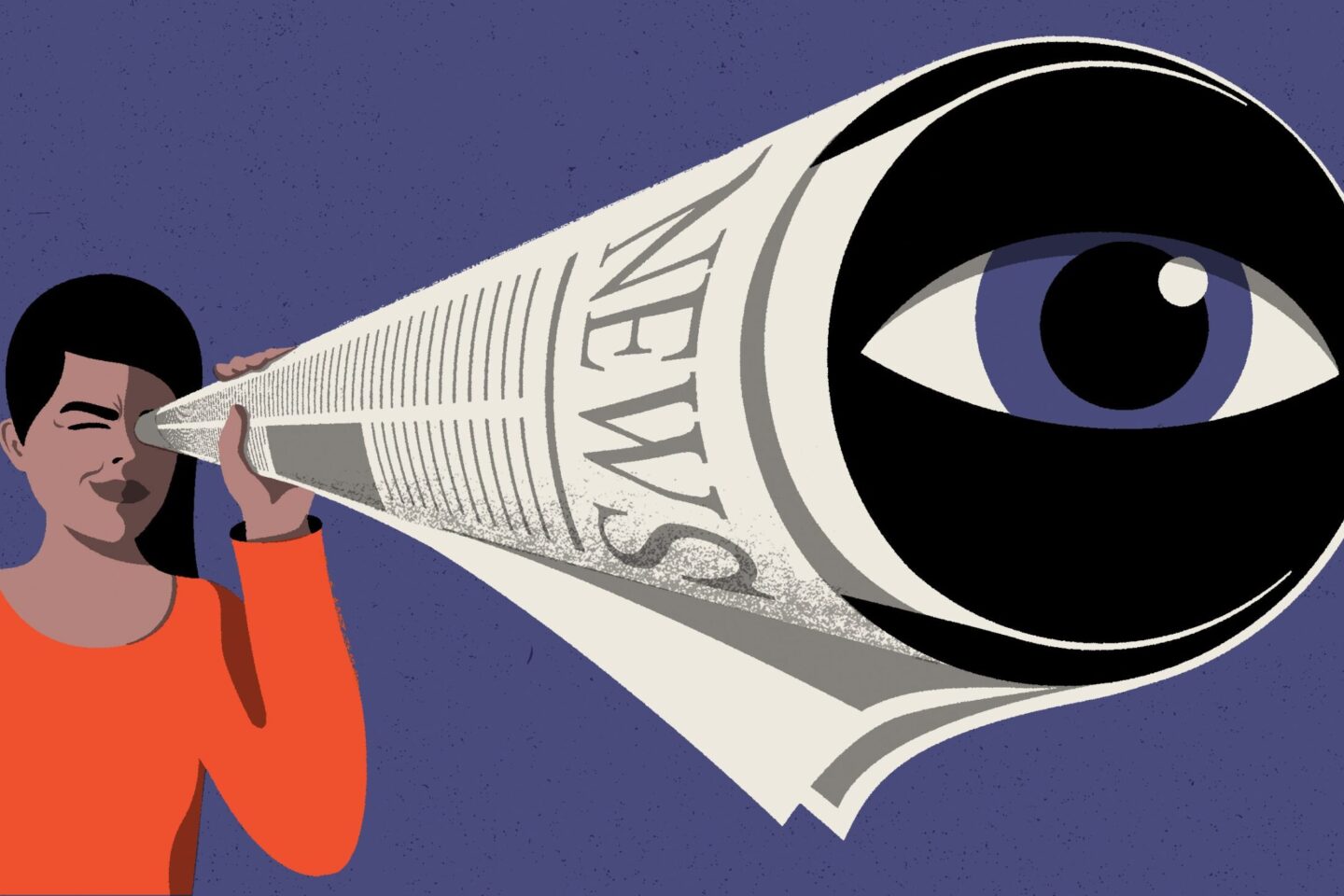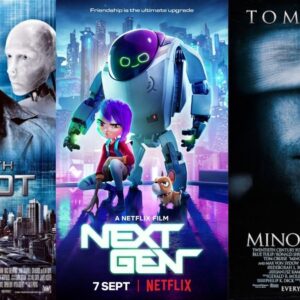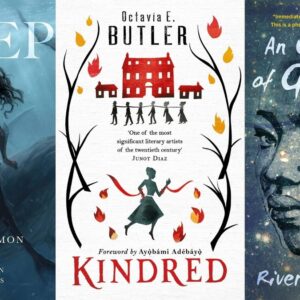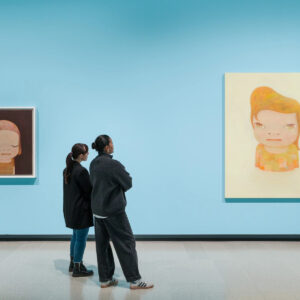Democracy was despised by Plato as the “rule of ignorance” and criticized by Jefferson as a “mob rule”. On the other hand, Winston Churchill fabulously remarked, “No one pretends that democracy is perfect or all-wise. Indeed, it has been said that democracy is the worst form of government except all those other forms that have been tried from time to time.”
In the tumult of the 21st Century, several happenings like Mr. Trump at the Oval Office or the UK’s decision on Brexit might have shaken our belief in the liberal story of the democratic system. Former editor of Marxism TodayProf. Martin Jacques points out two shortfalls in the universality of the “Western Democracy’ narrative: (a) lack of historical base and (b) lack of respect for the culture of the others. However, as many of the world’s citizens still believe that democracy is their chosen form of the government system, there are a few things that we need to practice to make it work in our time.
Freedom of opinion and speech surely comes first. Voltaire once said, “I may disagree with what you say but I will die defending your right to say it.” We need to speak our minds and at the same time be patient to listen to others. Without this freedom, democracy is nothing but dictatorship in peacock’s feather.
Awareness is the next quality needed for an effective democratic system. John F Kennedy said, “The ignorance of one voter in a democracy impairs the security of all”. The best way to preserve our rights is to be aware of them. The best way to secure others’rights is to be aware of them. Economists say that the world is led by knowledge-based economies in the 21st Century. Therefore, awareness is hardly an option in our time.
Without equity democracy means nothing. If we forget the backward part of the society all our knowledge, all our development turns empty of significance. When we say ‘right’ we should mean ‘right’ for everybody.
Justice is the next pillar of democracy. A just society disciplines its powerful and protects its powerless. A just society ensures right, equity and freedom for everybody.
Sense of values and moral fibre contributes to creating a just society. Our sense of right and wrong guide us to ensure justice for everybody regardless of their origin and status in society.
Education ensures that we are taught and trained in proper values and moral strength. An indiscriminatory education system forms the backbone of a just, equitable and aware democratic system.
At the peak of it stands humanity. If we are not humane enough inside, no education can teach was what it takes to be just, sympathetic, equitable or aware to make democracy effective. A true humane love extends to everybody regardless of race, creed, colour, or gender. However, being humane not necessarily means lovinghumans only. It is much bigger than that. A true human being loves humans and non-humans alike. To make democracy work in the 21st Century we need to be more than human beings.
- TANVIR Ahsan is an Associate Professor at the Department of English at Jagannath University, Dhaka


